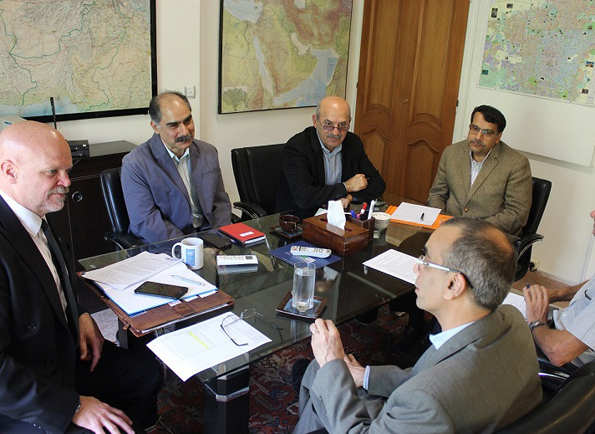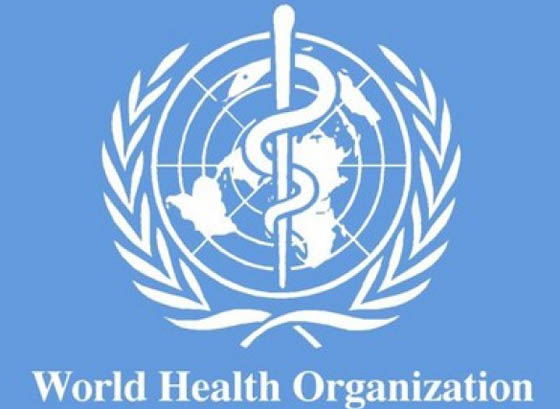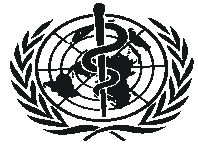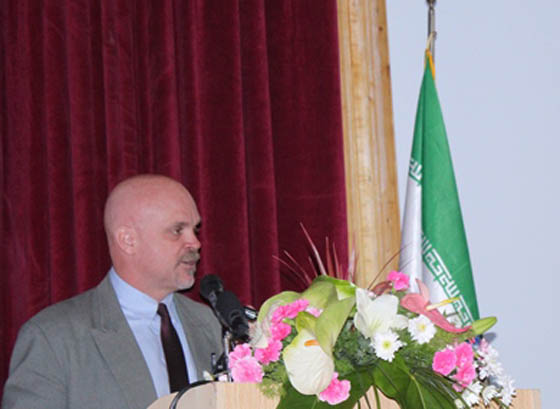Iran is a pioneer country in the region to eliminate malaria

Malaria is a life-threatening blood disease caused by parasites transmitted to humans through the bite of the Anopheles mosquito, AVA Diplomatic reports.
To combat malaria in the Islamic Republic of Iran a strong, trusted and efficient partnership between the Center for Communicable Disease Control, the Global Fund, WHO, Universities of Medical Sciences (UMSs) and UNDP has formed since 2008. Together we have achieved a great deal to eliminate malaria.
Our effective partnership towards malaria elimination in collaboration with national and international partners has demonstrated to be a successful model.
The outcomes of this partnership included the introduction of effective new tools in the fight against malaria, such as Rapid Diagnostic Test kits, distribution of insecticide treated bed nets, standard equipment and strengthening health system infrastructure. More importantly, huge efforts have been put in to capacity building for human resources and the strengthening surveillance, monitoring and evaluation systems. Other achievements included the first ever Malaria Programme Review, accreditation of the malaria laboratories network, establishment of the case notification system, and the creation of the national malaria registration database and foci database.
To gather the documentation of the Malaria Elimination programme results in Iran as one of the Best Practices in the region, Dr. Allan Schapira, member of the highest technical team in WHO/HQ, traveled to Iran and met with Mr. Gary Lewis, United Nations Resident Coordinator and UNDP Resident Representative.




